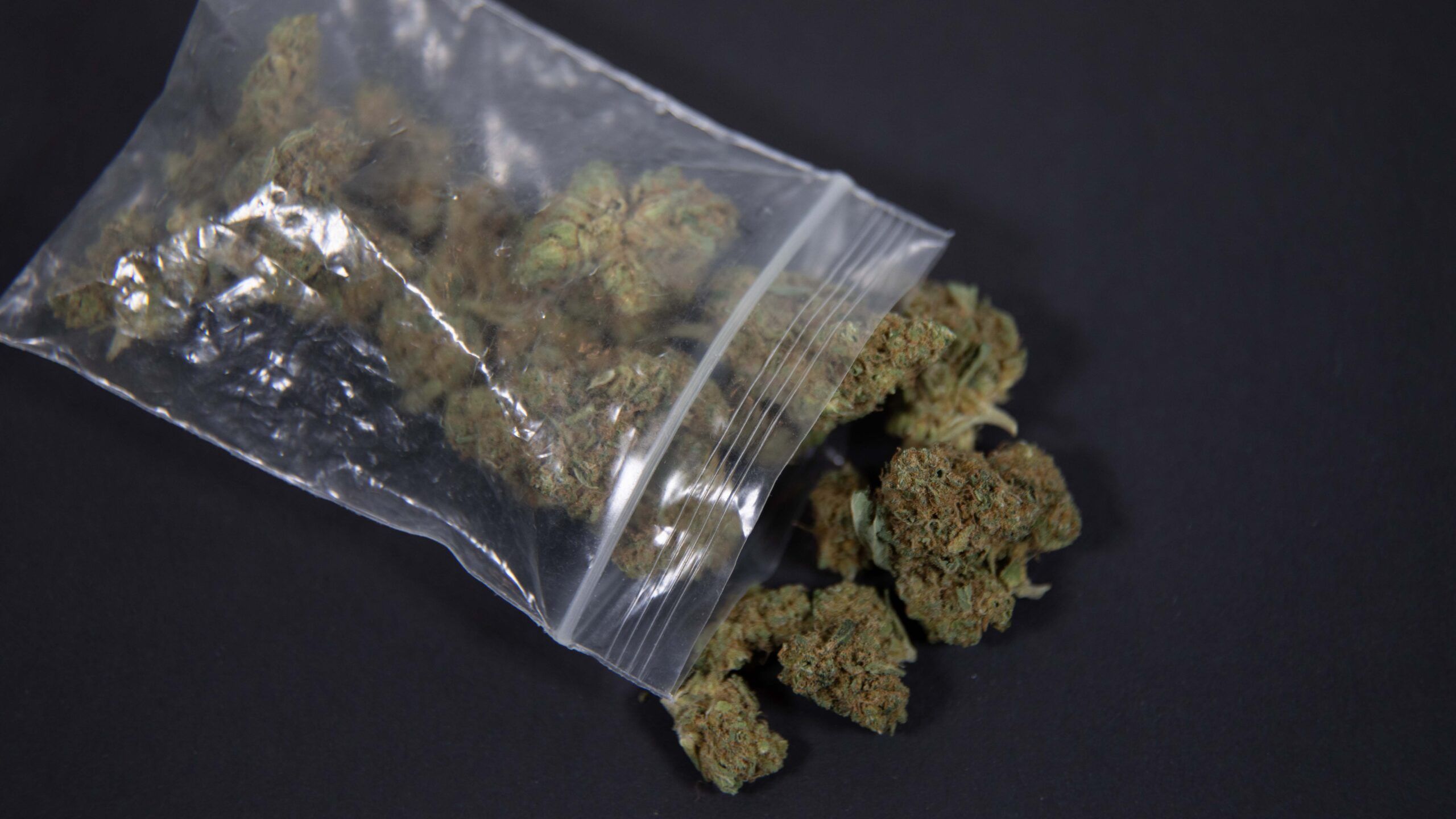Though cannabis has widely become legalized in many states, a persistent issue remains: the thriving black market. While legal dispensaries offer regulated and tested products, illicit cannabis continues to attract buyers seeking cheaper alternatives or access in states where recreational use is still prohibited. However, the risks of purchasing and consuming black-market cannabis far outweigh any perceived benefits.
Health Risks from Unregulated Products
One of the most alarming dangers of black-market cannabis is the lack of quality control. Legal dispensaries are required to adhere to stringent regulations, including testing for contaminants such as pesticides, mold, heavy metals, and residual solvents. In contrast, illicit cannabis is often produced in uncontrolled environments, where these harmful substances can be present in unsafe levels.
A 2019 study by the Centers for Disease Control and Prevention (CDC) linked unregulated cannabis vaping products to the outbreak of EVALI (E-cigarette or Vaping Product Use-Associated Lung Injury), which resulted in over 2,800 hospitalizations and at least 68 deaths. Investigations revealed that most affected patients had used black-market THC vape cartridges containing vitamin E acetate, a thickening agent that can severely damage the lungs when inhaled.
Beyond vapes, other black-market cannabis products, such as edibles and concentrates, may contain unknown or mislabeled potency levels. Without proper testing, consumers risk ingesting significantly higher or lower doses than expected, leading to unpredictable effects, including extreme paranoia, hallucinations, or even overdose-like symptoms such as rapid heart rate and vomiting.
The Criminal Element and Safety Concerns
The black market is not just a health risk—it’s also a direct link to organized crime. Many illegal cannabis operations are controlled by criminal organizations that engage in violent activities, human trafficking, and environmental destruction. In some cases, unsuspecting buyers have been lured into dangerous situations while attempting to purchase illicit cannabis.
Reports of “rip-and-run” robberies, where buyers are set up for theft or even physical harm, have been increasing. Unlike legal dispensaries with security measures in place, street-level transactions offer no recourse if a buyer is scammed, sold fake products, or worse, finds themselves in a life-threatening situation.
Lack of Consumer Protection and Legal Consequences
Another crucial aspect often overlooked is the legal risk involved. Even in states where cannabis is legal, purchasing from an unlicensed source remains a crime. Law enforcement agencies continue to crack down on illicit operations, and being caught with unregulated cannabis can result in hefty fines, criminal charges, or even jail time.
Additionally, the absence of oversight means that buyers have no consumer protections. If a product from a licensed dispensary causes harm, there are legal avenues to hold manufacturers accountable. However, with black-market purchases, there is no accountability, leaving consumers with no options if they experience adverse effects.
A Safer Path Forward
While high taxes and regulatory hurdles have made legal cannabis more expensive than its illicit counterpart, experts agree that the risks associated with black-market products are simply not worth it. Many states are working to make legal cannabis more accessible by lowering costs and streamlining licensing processes.
Education is also key—informing consumers about the dangers of illicit cannabis can help steer them toward safe, tested, and regulated alternatives. As the legal industry grows, increased enforcement and better access to dispensaries may help phase out the black market, ensuring that consumers receive safe products while weakening the grip of illegal operations.
For those considering purchasing cannabis, the best advice remains clear: stick to legal sources. Your health, safety, and future depend on it.






